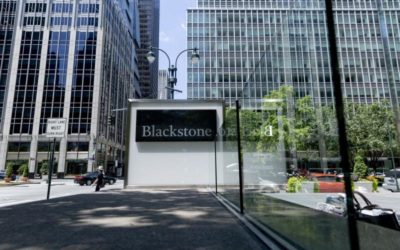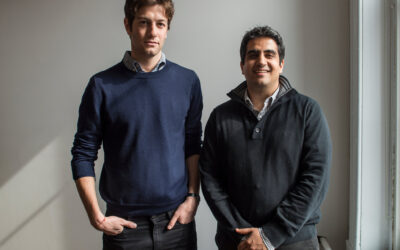The nation’s highest court may soon help resolve a question at the center of bitter disputes in recent years: whether private equity firms can walk away from the pension obligations of companies in which they invest.
In August, the New England Teamsters & Trucking Industry Pension Fund asked the Supreme Court to revisit a lower court ruling that said private equity firm Sun Capital Partners isn’t responsible for $4.5m in pension liabilities of a bankrupt company that was owned by two of the firm’s funds.
The November 2019 appeals court ruling in Sun Capital’s favor overturned a 2016 district court ruling for the Teamsters.
The latest decision “provides a blueprint” for private equity funds to escape pension liability “while securing virtually risk-free investments in portfolio companies with known, unfunded pension liability,” attorneys for the Teamsters plan wrote in a petition asking the high court to take up the matter.
Court justices haven’t said whether they will hear the case. Lawyers say a decision could come as early as next month.
Sun Capital didn’t file a response to the petition by a 14 September deadline, court records indicate. The firm declined to comment. The Teamsters plan and its attorney didn’t reply to inquiries.
If it takes on the case, the Supreme Court could help clarify the legally convoluted question of when private equity investors could be held responsible for pension obligations at companies they buy, said David Denious, a partner at Faegre Drinker Biddle & Reath, who isn’t involved in the dispute. Private equity funds “are in a kind of netherworld” on this question, he said, as their liability for pension benefits isn’t firmly established in all cases.
The issue has been a source of conflict in numerous recent bankruptcies of large employers backed by private equity and hedge funds, including retailers Sears Holdings and Tops Market.
Politicians have proposed legislative fixes. The Stop Wall Street Looting Act, a bill introduced by Senator Elizabeth Warren, would hold private equity firms themselves liable for the pension-related obligations of the companies they control. Separately, recent bankruptcy reform proposals have included putting unfunded pension benefits ahead of creditors’ claims on an insolvent company’s assets.
Better Markets, a nonprofit financial reform group, this week urged the Supreme Court to take up the Teamsters case in hopes of a ruling that would help protect employee pension benefits.
The Appeals Court decision favoring Sun Capital “will exacerbate the harm that private equity takeovers inflict on workers by allowing private equity firms that acquire companies to withdraw from multiemployer pension plans without paying their portion of the unfunded liabilities of those plans, increasing the likelihood that workers will lose a significant portion of the benefits they were promised,” lawyers for Better Markets wrote to the court.
The dispute between Sun Capital and the New England Teamsters pension has been winding its way through the legal system since 2010. Scott Brass, a Rhode Island-based manufacturer owned by two Sun Capital funds, sought bankruptcy court protection in 2008 and withdrew from the Teamsters pension plan. The pension sued two years later, arguing that Sun Capital’s funds were responsible for a $4.5m withdrawal penalty owed to the plan.
The case hinged on whether the Sun Capital vehicles, despite being separate funds, were effectively a partnership controlling the industrial metals manufacturer. In 2016, the US District Court for Massachusetts ruled that they were. Three years later, the First Circuit Court of Appeals overturned that decision, basing its judgment in part on the fact that the two funds had different limited partners and filed taxes separately.
The appeals court also said that making the private equity funds responsible for the pension liability could have a “chilling effect” on investment in struggling companies.
“[I]mposing liability would likely disincentivise much-needed private investment in underperforming companies with unfunded pension liabilities,” the court wrote.
In its petition to the Supreme Court, the Teamsters pension fund said this argument reflects a misunderstanding of the laws governing employee retirement plans, which are intended to protect pension assets, not encourage private equity investment.
Source: Wall Street Journal
Can’t stop reading? Read more
US Pipeline Operator ONEOK Inks Two Deals for $5.9 Billion
US pipeline operator ONEOK Inc. agreed to buy a Permian Basin rival and a controlling stake in...
Blackstone Is Said to Seek A$5.5 Billion Loan for AirTrunk Bid
Private equity firm Blackstone Inc. is in discussions with banks for a five-year loan of about...
Thrive Capital to lead multi-billion dollar OpenAI investment round at $100bn valuation
OpenAI, the company behind the popular AI tool ChatGPT, is in advanced talks to secure several...




